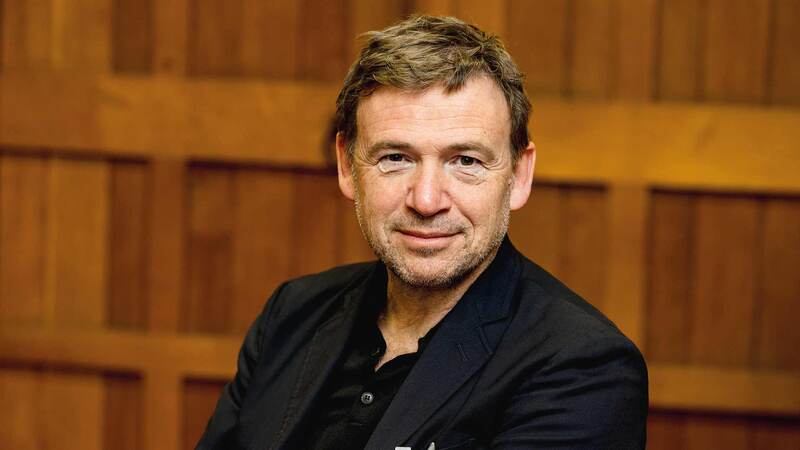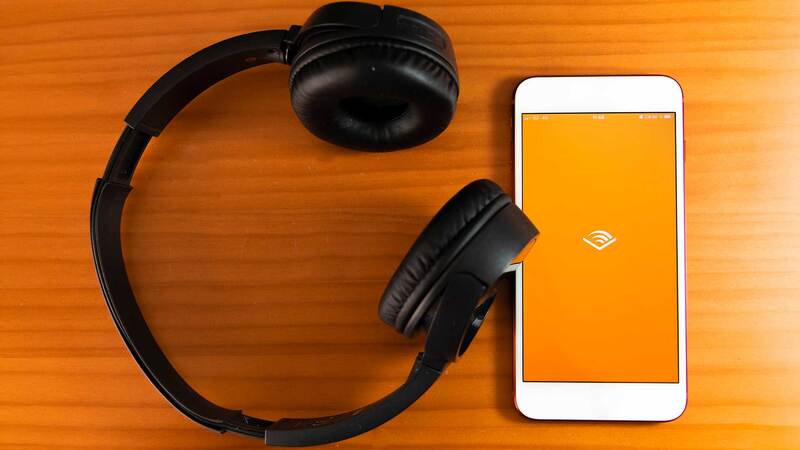You are viewing your 1 free article this month. Login to read more articles.
Give and take
This week Amazon’s billionaire founder Jeff Bezos said he planned to take a step back at the giant e-commerce business.
This week Amazon’s billionaire founder Jeff Bezos said he planned to take a step back at the giant e-commerce business. Bezos will become executive chair in the third quarter of 2021, with Andy Jassy, head of its web services division, to step up. Predictably, the news came after another record quarter, with sales up 44% to $125.6bn over the Christmas period. The pandemic has been good to Amazon: over the past few years it has managed to grow its annual sales by around $50bn each year; in 2020, it added twice that figure.
Amazon began as a bookseller, and its links to the global books business are both profound and, for now, insurmountable. These roots too have grown during the corona crisis. It doesn’t take much imagination to see that behind this week’s strong publisher numbers lies Amazon, its giant distribution centres and digital platforms underpinning the growth in a year when so many high street bookshops had to close their doors.
In its results announcement, Bezos says that what we see today are the “cumulative results of invention”. It’s a fair point, but not the whole one. Amazon first revolutionised book distribution, then built out to become the dominant online retailer of its age. It upended incumbents by outpacing them but also, in its early days, by using investor cash to undercut them. Today, rather like the mobsters of old, it owns the trucks and the distribution routes. What we also see here is the impact of that, but also of regulatory neglect, tax avoidance, low pay and subsidised expansion.
As a trade, we were unlucky and lucky: Amazon navigated the path to a successful online and digital future, but in doing so built a company far more powerful than anyone could have imagined. Yet we walked freely into this, and more than once failed to heed the lessons from the experience. Even today, publishers and agents do deals with Amazon that they know will undermine competitors.
If this feels like a lament for a world long-since passed, it may be. We cannot put this particular genie back in its bottle, and for all of Amazon’s faults, overall for the customer the book business is better now than it was. Today I can order a book from my local independent, and it will most likely turn up for collection tomorrow. I have access to millions of titles for instant download or, should the need arise, via print-on-demand. Amazon has supported small publishers in a way high street bookshops sometimes cannot, and some writers have careers in books only because of its self-publishing wing. Since 2014, authors participating in its Kindle Unlimited scheme have earned more than $1.5bn.
Bezos says he can now focus on other ventures. He might also want to reflect on the books business and what it has done for him for the past near-30 years. For books have been good for Bezos—books made by the likes of Jeremy Poynting from indefatigable indie Peepal Tree Press, promoted and sold by booksellers who right now are subsisting on furlough (p12), and written by the likes of Captain Sir Tom Moore. People, in short, who give more than they take.









